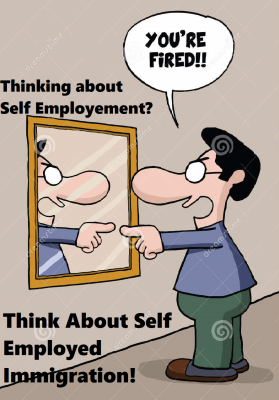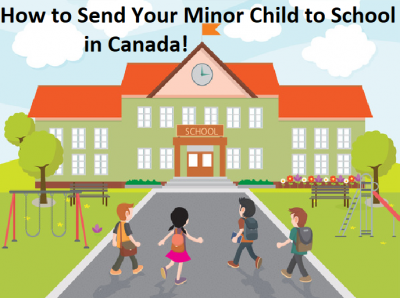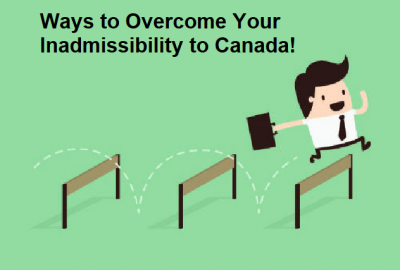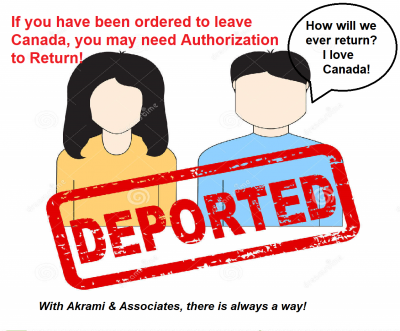How to Become a Canadian Citizen
If you wish to become a fully naturalized Canadian citizen someday, it may be on your priority list to learn the things you’ll have to do to complete this process. Though, it is a very long process, which always begins with another process to help an individual gain permanent resident status. The process by which an individual becomes a permanent resident could be very different from person to person, though, all who have achieved permanent resident status will suddenly find themselves on relatively the same path, whether they simply care to maintain their status as permanent residents, or, they would prefer to become Canadian citizens. Throughout this article we will cover the process of becoming a Canadian citizen, and be sure to explain the requirements to become eligible for this status.
So you’re a Permanent Resident, What’s next?
As you may already know, permanent residents must meet their “residency requirement” to be permitted to maintain their status as a permanent resident. You must a spend a minimum of 2 years, or, 730 days total in Canada to be able to successfully renew your status as a permanent resident. This is equivalent to spending a total of 2 years in Canada. This two years does not need to be consecutive, you simply must spend a total of 2 years, within the 5 years your PR card is valid in Canada.



















